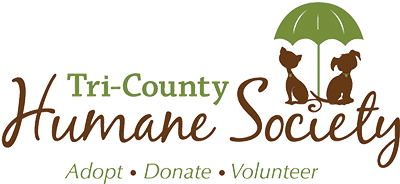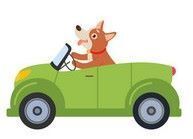Dogs were originally domesticated to take advantage of their hunting ability. The hunting instinct is not uniform among individuals of any given breed; rather, it is usually seen as a range of behavioral tendencies. The most obvious disadvantage of predatory behavior by domestic dogs is the unnecessary injury or death of other animals, including wildlife and other pets.
It also can take on a more sinister form when directed against family members, particularly if these are children and infants. Predatory instincts are most likely to be redirected toward children when an infant begins to crawl and walk. Never leave a child unattended with even the most trusted pet during this critical time.
Several methods have been recommended to control predatory behavior in dogs. Of these, the only method that is effective incorporates two simple approaches:
One - Deny your dog the opportunity to hunt.
Prevent opportunities to roam unrestricted or unsupervised outdoors.
Construct a fence around your yard if hunting occurs beyond your property. Alternatively, place a pen within your yard, restricting access to prey on your property.
Consider attaching your dog’s collar to a long lead (anchored to the ground), as long as the dog is not left there during bad weather or for long periods without supervision.
Two - Minimize your dog’s desire to roam and hunt by providing alternative activities.
Discourage wild and undisciplined behavior so that your dog is less likely to follow its primitive instincts.
Every dog should be walked on a leash at least twice a day.
Practice obedience skills daily. This reinforces appropriate and desirable behavior.
Set aside time each day to play with your pet, engaging in games that apply obedience skills such as retrieval of objects. More playful interaction of this kind also increases your dog’s intellectual and physical activity.
Source: "Canine and Feline Behavior Problems," Stefanie Schwartz









